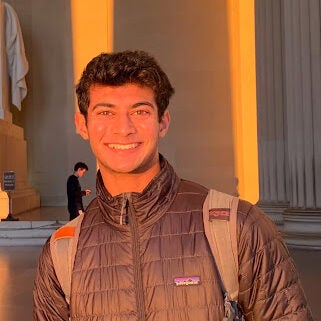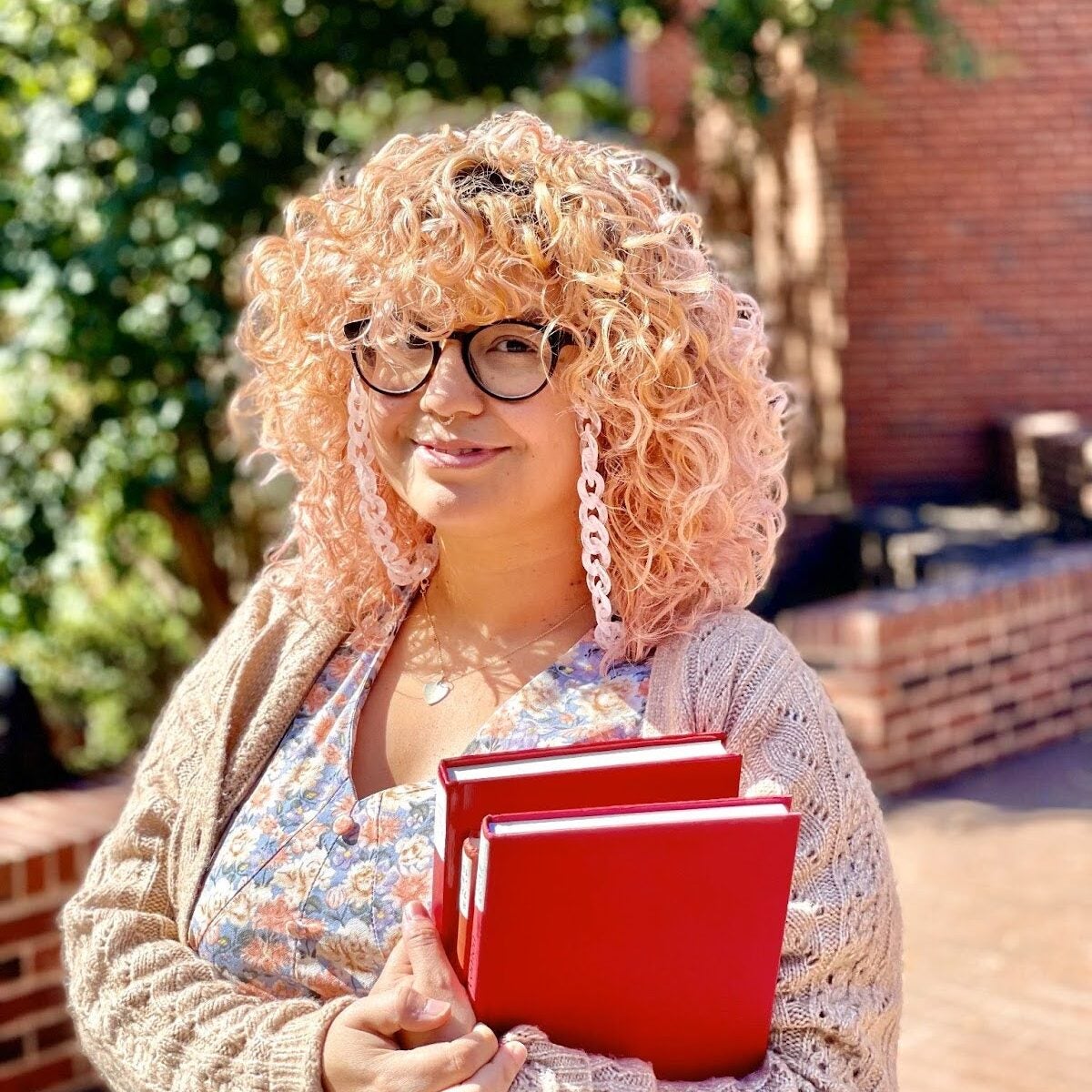Bilquisu Abdullah (C’25)
Inquiry into Student Health Advocacy and Activism on Georgetown’s Campus and Beyond
Personal Bio: Bilquisu (she/hers) is a student in the College of Arts and Sciences majoring in Women and Gender Studies with a concentration in Globalization and Poverty. She minors in Medical Humanities and participates in community organizing for reproductive justice. In her free time, she loves to read, write, and crochet.
Personal Description: My project will hone in on college student health advocacy efforts This stems from interest in Georgetown’s influx of tangible change for those who have not been able to attain the healthcare they need on campus. I am curious to know the differences and similarities in conversation, dialogue and policy on other college campuses in the United States. I ask the question: Does Georgetown University’s deep Jesuit roots impact the healthcare access and activism of its students? I’m not looking for a definitive answer, but rather a spectrum of responses that demonstrate the pulse of student organizing, wellness and health.









